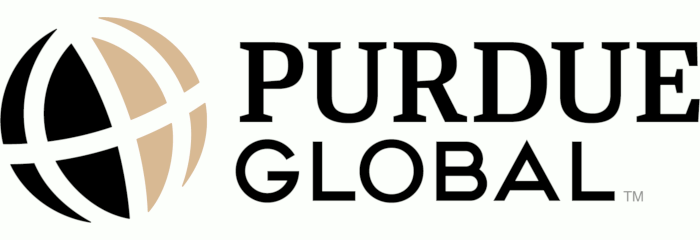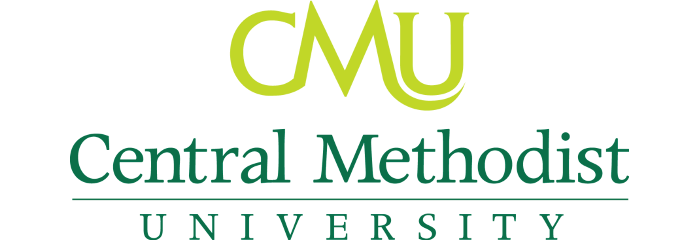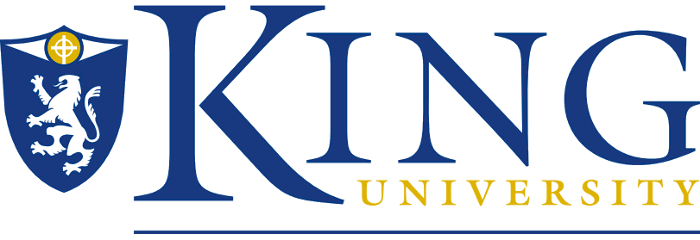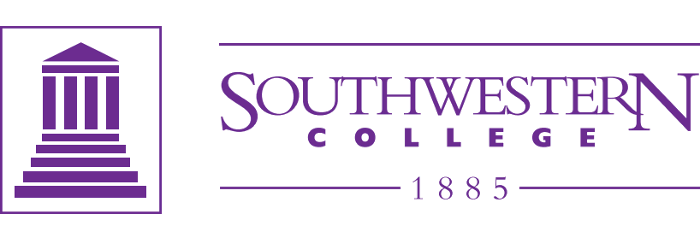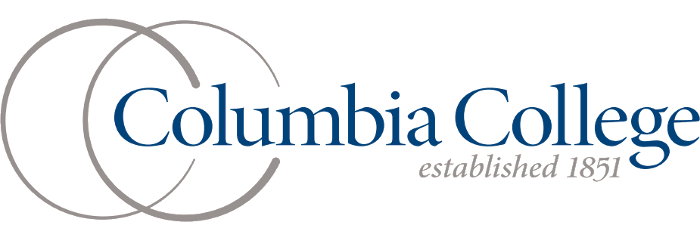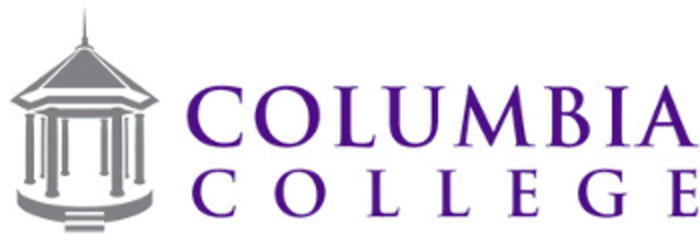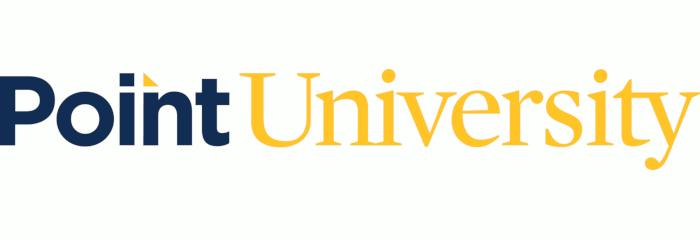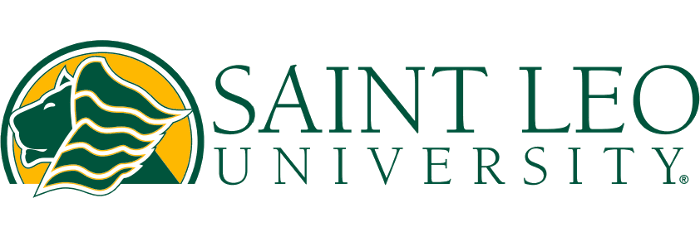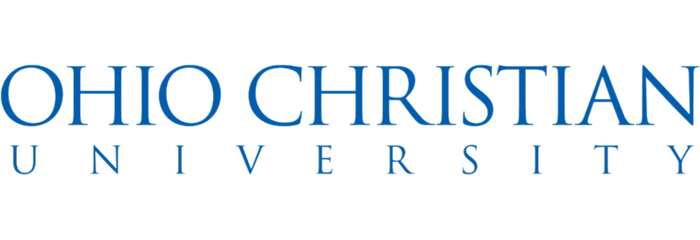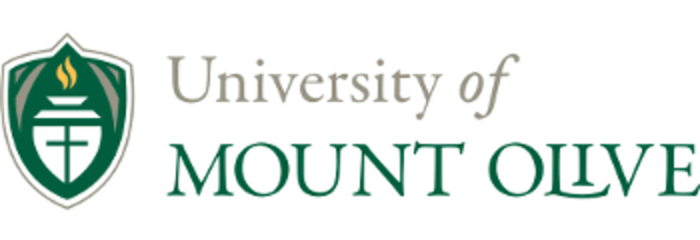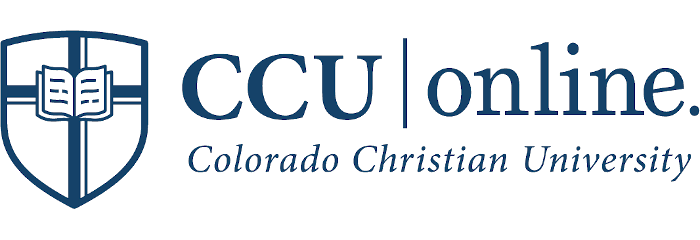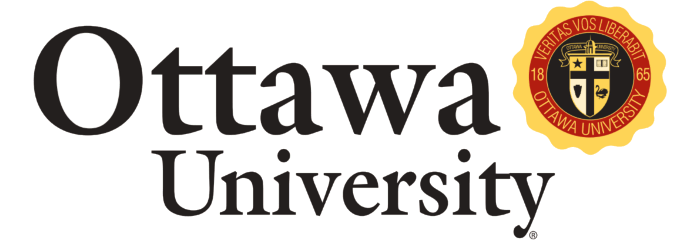
This list highlights the most affordable online Christian colleges that blend faith-based learning with flexible, accessible programs, which is ideal for students seeking a remote education grounded in spiritual values.
Key Takeaways:
- King University ranks #1 for graduate earnings ($63,860) and #2 overall, offering strong value and faith-based education.
- Liberty University has the largest online enrollment (35,243 students) and ranks #5 overall for affordability among Christian schools.
- Ottawa University Online boasts a 2:1 student-to-faculty ratio — highlighting its incredible commitment to personalized support.
Each college on our list is accredited, maintains a clear Christian affiliation, and enrolls a significant number of online students (at least 25% of undergrads are studying fully online). In our opinion, these are the strongest choices for affordability, faith, and online support. Plus, to be included in this list, schools must offer 10 or more online bachelor's degrees.
2025 Most Affordable Online Christian Colleges
| Rank | School | Religious Affiliation | Annual Tuition |
|---|---|---|---|
| Central Methodist University | United Methodist | $8,250 | |
| King University | Presbyterian Church (USA) | $9,150 | |
| Southwestern College - KS | United Methodist | $10,080 | |
| Columbia College | Christian Church (Disciples of Christ) | $11,250 | |
| Liberty University | Evangelical Christian | $11,700 | |
| Toccoa Falls College | Christ and Missionary Alliance Church | $11,700 | |
| Columbia College - SC | United Methodist | $12,210 | |
| Point University | Christian Churches and Churches of Christ | $12,750 | |
| Central Christian College of Kansas | Free Methodist | $12,750 | |
| Saint Leo University Online | Roman Catholic | $12,750 | |
| Nelson University | Assemblies of God Church | $12,900 | |
| Ohio Christian University | Other Protestant | $13,500 | |
| Oral Roberts University | Other Protestant | $13,500 | |
| University of Mount Olive | Original Free Will Baptist | $13,650 | |
| Colorado Christian University | Undenominational | $14,820 | |
| Ottawa University Online | American Baptist | $14,970 |
In-Depth Analysis of Most Affordable Online Christian Colleges
Affordability remains a central concern for students choosing an online faith-based program. All schools on this list have tuition under $15,000 per year, with several under $10,000 — making them among the most competitively priced private institutions in the country.
Central Methodist University leads at $8,250, making it a top choice for students looking for a budget-friendly education rooted in Christian values. King University ($9,150) and Southwestern College ($10,080) also deliver strong tuition-to-value ratios, especially when combined with the average financial aid recipients and reward amounts.
Nearly all schools have federal data reporting that 98-100% of students are receiving some amount of financial aid, with average packages often exceeding $12,000 — significantly easing the out-of-pocket cost for most enrollees.
All schools on this list have tuition under $15,000 per year, with several under $10,000 — making them among the most competitively priced private institutions in the country.
Salary Outcomes for the Top Online Christian Colleges
For faith-driven students who still prioritize long-term career growth, salary outcomes are a critical measure.
King University stands out with a median salary of $63,860, the highest among all schools listed and nearly $20,000 above the national median for bachelor’s degree holders. Other notable schools include Central Christian College of Kansas ($53,324), Colorado Christian University ($55,965), and Ottawa University ($52,065), each of which pairs moderate tuition with solid earnings potential.
While low tuition is an important factor, a strong post-graduation salary can significantly impact long-term financial health. Higher earnings allow students to repay loans faster, support families, or pursue further education without added debt. Schools like King U and CCU demonstrate that it's possible to combine a faith-based education with real economic value, giving students both spiritual and financial freedom.
What Students Say: Faith, Support, and Impact
Student reviews across these affordable online Christian colleges paint a picture of institutions that blend spiritual formation, academic rigor, and personal support. Many students describe transformative experiences where faith was not only respected but actively cultivated through coursework, mentorship, and service opportunities.
Please note that these surveys were conducted, collected, and reviewed by our team.
At King University, which boasts a 100% recommendation rate, students consistently highlight the balance between affordability and spiritual depth. One graduate shared, “During my time at King University, I pursued a degree in Religious Studies and found the experience both affordable and spiritually enriching. The professors challenged me to grow in my faith and understanding.”
Central Methodist University (86% recommendation rate) is specifically commended for its faith-infused healthcare programs. One student wrote, “The Nursing program offers exceptional guidance, and the Christian values were evident in every aspect of how we were taught and supported.”
Liberty University, one of the largest evangelical institutions, is noted for its scale and access. “Liberty University Online is a wonderful school and has great programs,” says L.S. Bryant, reflecting the experience of many students within its broad online offerings.
Oral Roberts University earns high marks for its distinctive "Whole Person" model: “The school’s focus on spirit, mind, and body helps you become the 'whole person'... Every teacher wants to see you succeed,” says Geena Fontanella (2015). It also earned an 84% recommendation rate from our student surveys.
Finally, Ottawa University Online provides flexibility for adult learners and working professionals. “I was able to get my bachelor's degree almost entirely online... without having to compromise the career that I already have,” says Chanel Kingan (2017). Plus, its 86% recommendation rate speaks for itself.
These testimonials reveal that students are seeking more than just a degree. They’re looking for purpose, spiritual grounding, and a community that sees them as whole people. High recommendation rates often go hand in hand with these qualities, signaling where online Christian colleges are truly delivering on their mission.
Word of mouth and alumni satisfaction are powerful indicators for faith-based institutions.
Several schools on the list boast a 100% recommendation rate, including King University, Southwestern College, Point University, University of Mount Olive, and Nelson University. These high scores suggest that students feel both spiritually and academically fulfilled by their experience.
Other institutions, like Liberty University (57%) and Columbia College (60%), report more moderate recommendation rates, which may reflect larger class sizes or a more generalized curriculum that doesn't suit every learner equally. Prospective students should consider both the mission fit and available student support when interpreting these numbers.
Check out our spotlight on Christian colleges that support LGBTQIA+ youth — where faith and support go hand in hand.
Denominational Diversity and Theological Identity
Perhaps one of the most striking features of this list is the wide range of Christian traditions represented. Students can choose from evangelical, mainline Protestant, Catholic, and Pentecostal-affiliated institutions, with each offering a different expression of Christian belief and educational philosophy.
- Evangelical: Schools like Liberty, Toccoa Falls, and Colorado Christian emphasize biblical inerrancy, personal salvation, and missions. These institutions often require theology coursework and integrate faith across all disciplines.
- Methodist and Wesleyan: Central Methodist, Columbia College, and Ohio Christian reflect a Wesleyan tradition that values service, holiness, and social justice. These schools often attract students interested in ministry, teaching, or community development.
- Catholic: Saint Leo brings a Benedictine flavor to its online programs, focusing on contemplation, liturgical life, and ethical leadership, an appealing blend for students seeking a sacramental and tradition-rich experience.
- Pentecostal/Charismatic: Nelson University and Oral Roberts University emphasize spiritual gifts, global missions, and Spirit-led leadership. These schools may be ideal for students who seek a dynamic, experiential faith environment.
- Undenominational and Ecumenical: Schools like Ottawa University and Colorado Christian, while grounded in Christian orthodoxy, take a broader approach to spiritual formation and welcome diverse theological perspectives, often making them more flexible for students with mixed or nontraditional backgrounds.
This denominational range allows prospective students to align their academic journey with a faith tradition that feels authentic and formative. Whether a student prefers a traditional liturgical context or a charismatic worship culture, there are affordable, accredited options available.
Final Thoughts
Choosing an online Christian college is about finding a place where your values, ambitions, and spiritual life can grow together without breaking the bank. The accredited schools on our list above show that it’s possible to pursue a Christ-centered education without taking on overwhelming debt, and without compromising on academic or career goals.
Whether you're seeking a school rooted in your specific denomination, one that prepares you for marketplace ministry, or simply a flexible, faith-based path to a degree, there’s an option here that can meet you where you are and help lead you where you're called to go.
FAQs About Online Christian Colleges
Is It Possible To Go To A Christian College Completely Online?
Yes, there are over 170 different private colleges that offer a Christian education in the U.S, according to the Council for Christian Colleges and Universities, and many of these schools offer online programs for distance learners. In fact, the number of accredited online degrees has skyrocketed in recent years. Students today favor online learning for the added flexibility it provides. Distance learners can complete coursework and attend lectures from home, on a lunch break at work, or wherever is convenient for them.
Is Attending an Online Christian College Worth It?
Potential Benefits
- One of the biggest advantages is that students don’t have to separate faith from their education. Christian colleges intentionally integrate biblical principles and spiritual development into coursework, mentoring, and student life, even in online settings. This can provide a sense of purpose, moral grounding, and personal encouragement throughout the learning process.
- Online Christian programs also offer the flexibility many adult learners need. Whether you're balancing work, family, or ministry responsibilities, earning a degree remotely gives you access to a wide range of faith-based programs. These programs typically help students build valuable skills such as communication, leadership, self-discipline, and critical thinking, all of which are essential in both secular and faith-driven careers.
- Online learning can feel isolating at times, but many Christian colleges work to build a strong sense of community through virtual small groups, live chapel services, faculty mentorship, and prayer support. If community is important to you, it’s worth researching how a school fosters connection among its online students.
Potential Downsides
- Tuition at private Christian schools can sometimes be higher than public alternatives, especially if you're not receiving institutional aid or outside scholarships. Students should carefully evaluate whether the cost of their chosen program aligns with their financial goals and expected career outcomes.
- Not all degree options are available at every Christian college. If you're pursuing a highly specialized or secular career field, you may find that other nonreligious schools offer more comprehensive course selections or industry-aligned programs.
Lastly, I'll end with perhaps the most important piece of advice: Christian colleges vary widely in terms of theology, values, and campus culture. Some schools emphasize conservative or evangelical teachings, while others may take a more ecumenical or liberal arts approach. Make sure the institution’s beliefs and practices align with your own, particularly if you're seeking affirmation around identity, lifestyle, or specific interpretations of faith.
What's The Difference Between A Christian College And A Bible College?
Students might be interested in either a Christian college or a Bible college:
- Students seeking a traditional education at a faith-based school often attend Christian colleges. These liberal arts schools offer degrees in traditional fields of study and give students a structured space to continue their academic and spiritual journeys simultaneously. Some schools include religious aspects in coursework and classes, while others do not but have a religious foundation and mission.
- Those looking for a biblical higher education often choose Bible colleges or seminaries. These schools prepare students for leadership positions within the church and other faith-based careers and typically offer degree programs in theology, divinity, and related subjects.
How Much Does a Christian College Online Cost?
Our 2025 Most Affordable Online Christian Colleges list shows that faith-based online education can be significantly more budget-friendly than the national average. Based on manually verified tuition data, annual tuition at the schools on our list ranges from just $8,250 at Central Methodist University to $14,970 at Ottawa University Online. In fact, more than half of the ranked schools charge less than $13,000 per year.
For comparison, the average annual tuition and fees at U.S. four-year institutions is $27,651, according to the most recent data from the National Center for Education Statistics (NCES). Notably, King University offers a compelling combination of low tuition ($9,150) and high graduate earnings, making it a strong value for cost-conscious students seeking both spiritual formation and career potential.
How Do People Afford Christian Colleges and Bible Schools?
Higher education can get expensive, and few people can pay for the full cost out of pocket. For students looking to lower the cost of their education, the two biggest factors are where you attend college and how much financial aid you receive. Our research of the most affordable Christian colleges can help you get connected with lower-cost online options. Most students use financial aid to pay for tuition and related expenses, including federal and state grants, scholarships, work-study jobs, and student loans.
In addition, many students attend a community college to lower the cost of their education. Earning an affordable online associate degree, sometimes called a transfer degree, satisfies the first two years of your bachelor's degree at a more affordable tuition rate. Notably, however, the vast majority of community colleges are not Christian colleges, so students may miss out on faith-based experiences at these institutions.
Students enrolled in an online Bible college or Christian university have access to the same financial aid as their campus-based peers. Most students rely on financial aid from the federal and state governments, their universities, and private organizations to pay for college.


